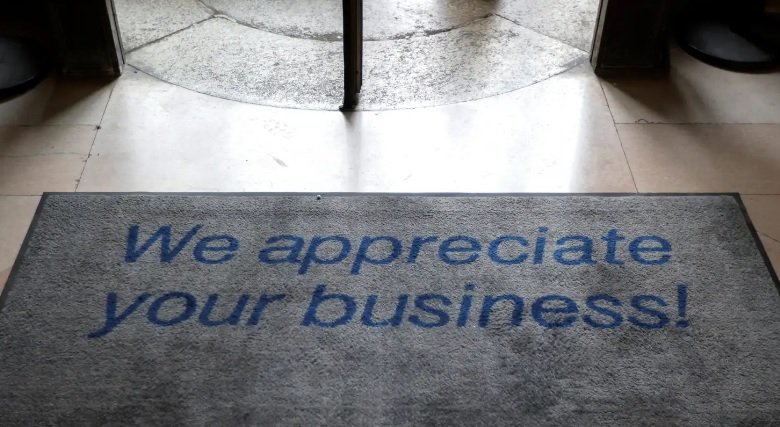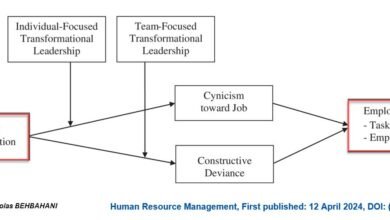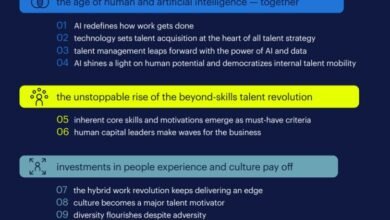Can a person be “too nice” to be a strong leader?
Don’t be a doormat—but don’t be afraid to be nice, either

By | Kevin Walkup | qz.com
I’ve been described a time or two as a nice person. I am pretty sure it was meant as a compliment. But in Silicon Valley, it’s hard to be sure.
Outspoken Peter Thiel’s Palantir appears headed for an IPO as he wears complaints about his views and style as a badge of honor. The unapologetic Elon Musk continues to grab headlines on a near-daily basis that switch between spectacular achievements and openly challenging his critics.
Even brands meant to offer alternatives to white testosterone have turned out to be susceptible to abrasiveness. Somehow it is still frequently seen as a sign of drive and determination that pays off.
But leaders who are persistently nice can be tougher than they’re given credit for. Radical Candor author Kim Scott is sometimes accused of promoting harshness by advising managers to directly challenge people when offering feedback. The critics miss her point that the potential for radical candor, and telling it like it is, is only possible after it’s shown that the leader cares and values the team member they’re critiquing.
Nice leaders lift teams and win marathons. I’ve seen one software developer refer to it as relational leadership; it works because business at the end of the day is built on trust and relationships that produce compounding value.
What’s relational leadership? The concept refers back to psychologist Michael C. Reichert’s investigations into “relational teaching,” and his thinking on how students achieve more when they believe a teacher and their classmates care about and value them.






